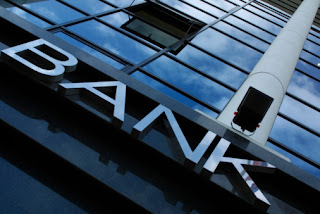Individuals that don’t wish to disclose money should opt for offshore banks. The legality of any offshore bank can be questioned by many of you. You must have wondered why it becomes necessary for you to hold assets abroad. Challenges associated with asset management may be curbed legitimately, although there’s some truth associated with the offshore banking mystique.
There’s some requirement associated with the business of individuals that maintain an offshore bank account. It could be an individual who needs to engage his local accounts for conducting business or needs to monitor the exchange rates as he needs to visit other nations frequently. While writing checks on your international account, it becomes difficult for you to run your business operations that smoothly. In this way, the payment process gets delayed and turns business owners more apprehensive about dealing with foreigners. It causes certain business communities to experience a certain stigma.
Money to be hidden
If you don’t wish to disclose money, you’ll get an opportunity to do so in one way or the other. The backyard of your house will bury your coffee cans full of money. You may hide money in your offshore banking accounts in almost the same way as you do with your local bank accounts. In this case no money is owned by the “owner” but is maintained with trust and business bank accounts. Such an idea amounts to money laundering and is considered to be illegal.
Certain offshore accounts need you to disclose your interest and assets in your native place. Following the legal norms is absolutely mandatory, so you’ll need to maintain offshore bank accounts by following the advice of industry experts. For this, you’ll need to maintain your status of an expat. Opening an offshore account is often considered illegal for an US citizen. The income is usually not reported by a majority of banks. Doing a proper reporting and maintaining records is entirely up to you. You may be caught for an alleged tax evasion if you don’t maintain records. An offshore banking account will be opened by those individuals that wish to follow the legal norms while opening their business account in a foreign land.
Banking locations
The Federal Deposit Insurance Corporation yields a certain protection, which you can’t avail when your money is transferred abroad. You’ll need to make sure that you’re actually dealing with a large financial organization like HSBC, which is considered to be the biggest global bank.
The Bahamas, Bermuda, the Caymans and Switzerland are a few good nations that assure more privacy towards your offshore bank account. You’re bound to experience firm privacy laws associated with banking in the Bahamas as this nation enforces strong global banking laws. Interest or accounts aren’t reported by the Caymans, which transforms them into a popular banking system like the ones you see in the US.

No comments:
Post a Comment